Clinton Camp Demands Full Epstein Files Release, DOJ Faces Scrutiny
Clinton spokesperson urges full Epstein files release amid bipartisan backlash over redactions and secrecy.
William Jefferson Clinton, born William Jefferson Blythe III on August 19, 1946, in Arkansas, is an American politician and lawyer who served as the 42nd president of the United States from 1993 to 2001[3]. A member of the Democratic Party, Clinton became the first president from the Baby Boomer generation and the youngest president to serve two full terms since Theodore Roosevelt[3]. He earned a bachelor’s degree from Georgetown University, studied at Oxford as a Rhodes Scholar, and graduated from Yale Law School, where he met his future wife, Hillary Rodham[3][7]. Clinton’s political career began in Arkansas, where he served as attorney general and was elected governor at age 32, holding the office for five non-consecutive terms and earning a reputation for reforming education, health care, and welfare[2][3]. In 1992, he was elected president, defeating incumbent George H.W. Bush and independent Ross Perot, and was re-elected in 1996[3][6]. His presidency is best remembered for presiding over the longest peacetime economic expansion in U.S. history, marked by record job growth, low unemployment, rising home ownership, and the first federal budget surpluses in decades[1][4][8]. Significant domestic achievements include the Family and Medical Leave Act, the Violent Crime Control and Law Enforcement Act, and the ratification of the North American Free Trade Agreement (NAFTA)[1]. His attempt at comprehensive health care reform, led by First Lady Hillary Clinton, failed to pass Congress and contributed to Republican gains in the 1994 midterms[1]. In foreign policy, Clinton helped broker the Oslo Accords between Israel and the Palestine Liberation Organization, the Israel-Jordan peace treaty, and the Dayton Peace Accords ending the Bosnian War[1][4]. He also authorized NATO intervention in Kosovo to halt ethnic cleansing[4][5]. However, his administration faced criticism for its handling of conflicts in Somalia and Rwanda[1]. Clinton’s presidency was marred by scandal, most notably the Monica Lewinsky affair, which led to his impeachment by the House of Representatives in 1998 for perjury and obstruction of justice; he was acquitted by the Senate in 1999[5][6]. Despite the controversy, he left office with high approval ratings[6]. Since leaving the White House, Clinton has remained active in global philanthropy through the Clinton Foundation, focusing on issues such as global health, climate change, and economic development[4]. He continues to be a prominent public speaker and occasional political advocate. There are no major recent events directly involving Clinton as of October 2025, but he remains a significant figure in American political life.
Clinton spokesperson urges full Epstein files release amid bipartisan backlash over redactions and secrecy.

DOJ release highlights Bill Clinton's ties to Jeffrey Epstein, renewing scrutiny of elite networks and public calls for transparency.
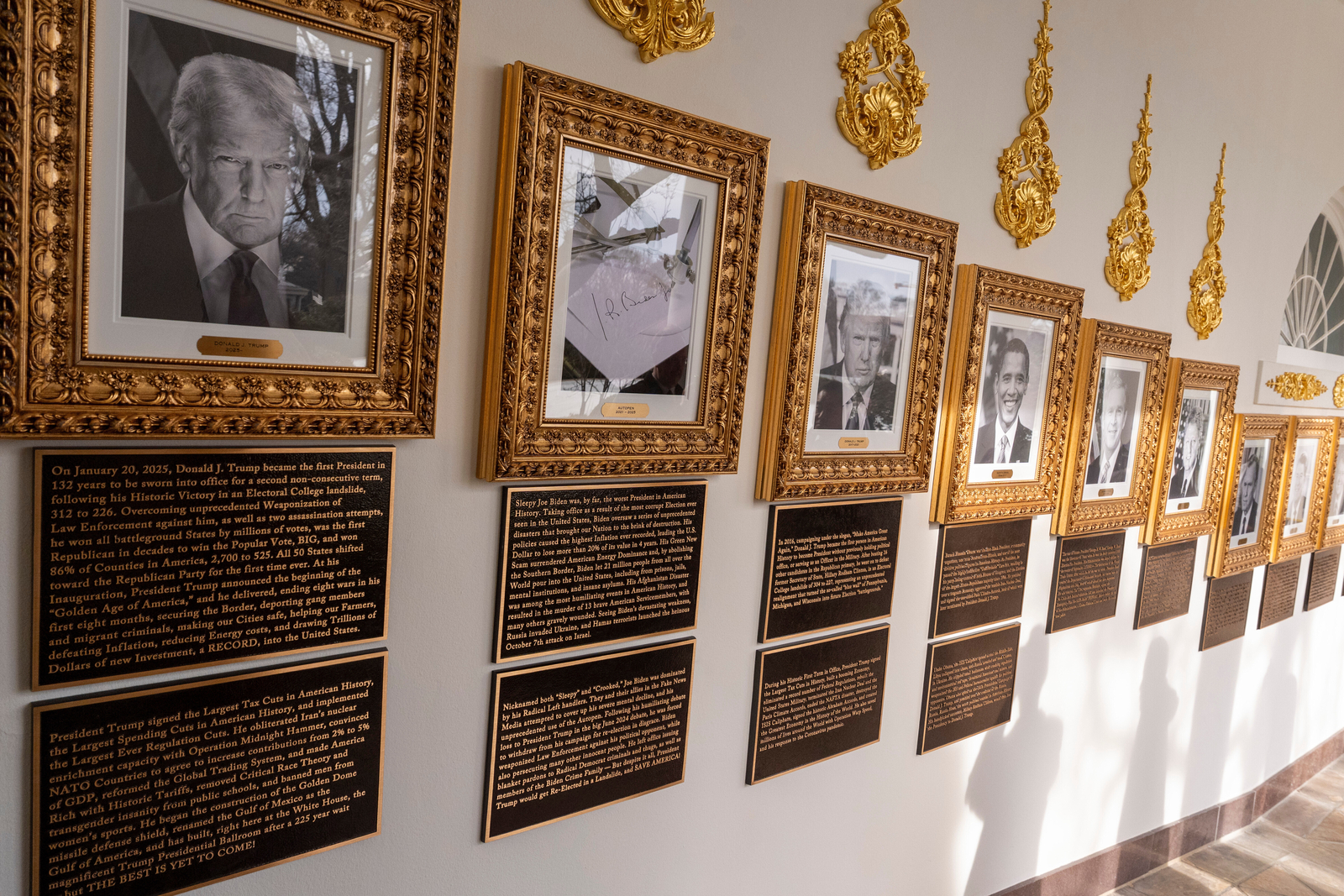
Trump installs bronze plaques on a West Wing colonnade, sparking debate over history, decorum, and White House changes.

The White House movie theater is demolished as part of a $300 million ballroom project, sparking nostalgia and debate over presidential priorities.
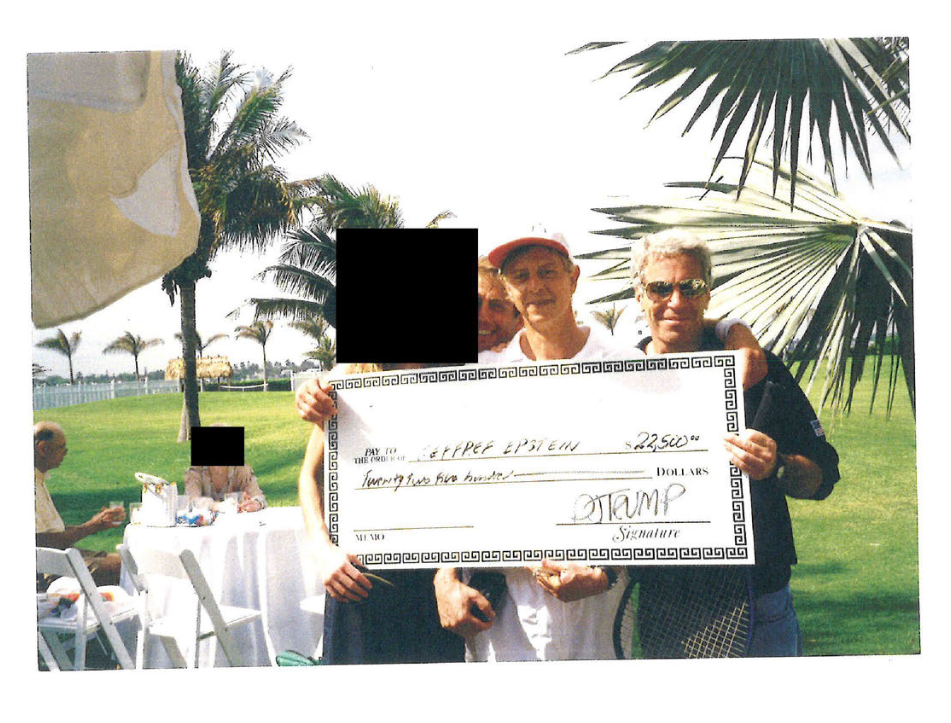
A collection of personal notes from Jeffrey Epstein's 50th birthday party reveals crude drawings, messages from prominent figures like Donald Trump and Bill Clinton, and further solidifies his pattern of predatory behavior.

The United States House Committee on Oversight and Accountability has released records related to the ongoing investigation into Jeffrey Epstein's crimes.
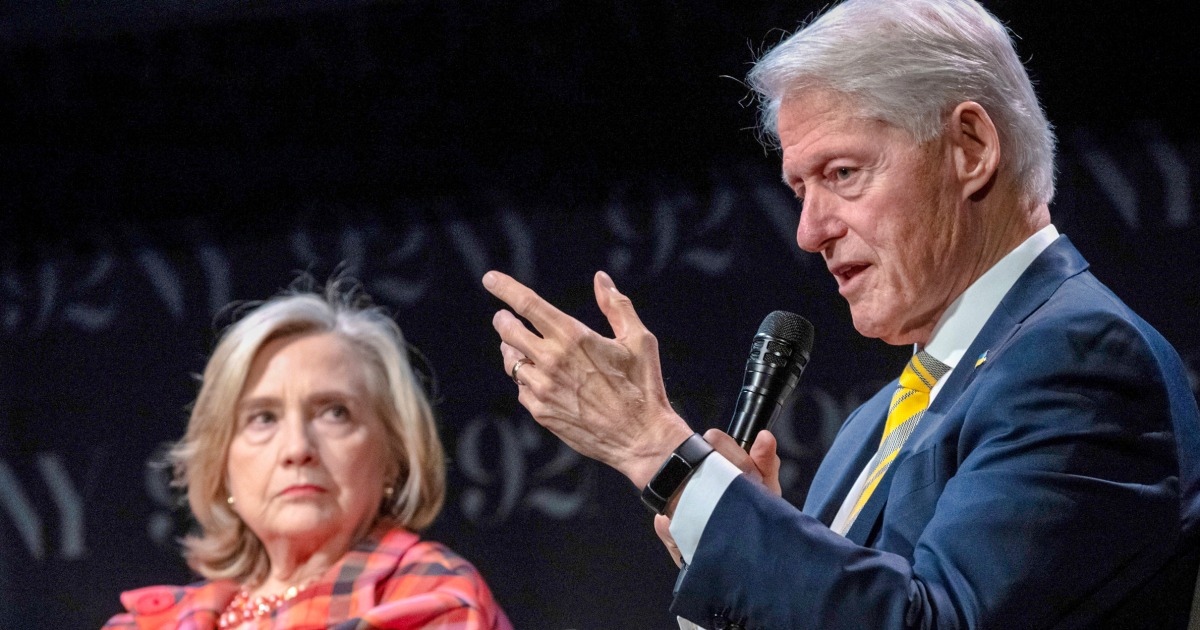
The House committee investigating the Jeffrey Epstein case issued subpoenas to the Clintons and top DOJ officials for their testimony. This could uncover new information about the Clintons' connection to Epstein and potential political interference in the case.

Former girlfriend of Jeffrey Epstein, Ghislaine Maxwell, transferred to a prison camp in Texas. Controversial connections and implications of her transfer.

House Republicans face intense scrutiny over their efforts to release records related to Jeffrey Epstein. Calls for transparency from public and lawmakers alike.
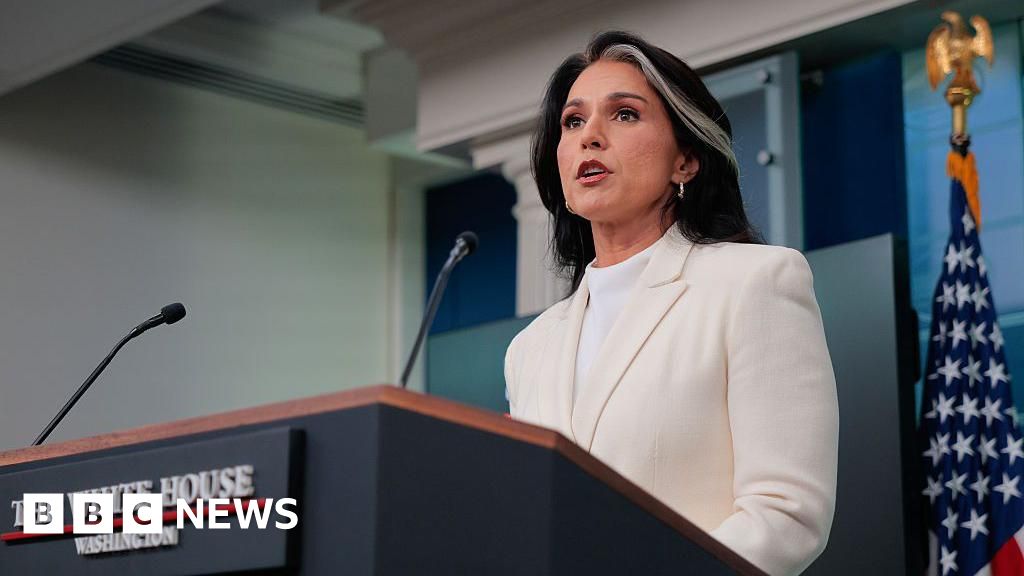
Tulsi Gabbard accuses the White House of trying to distract from its decision not to release files related to Jeffrey Epstein.
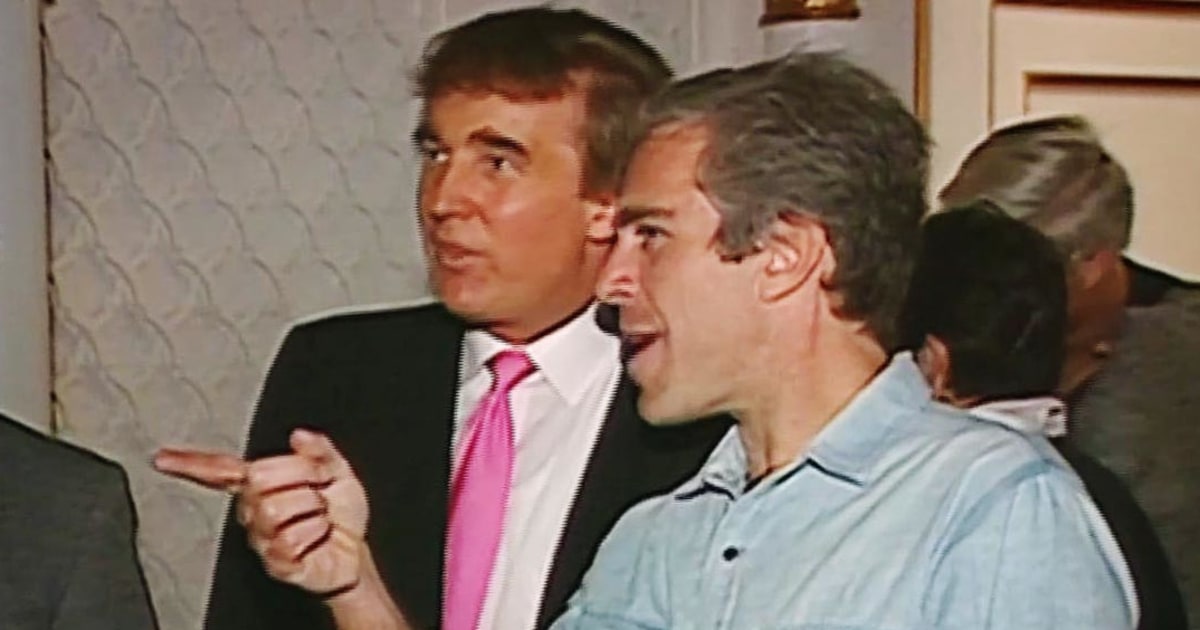
President Trump has directed the release of Grand Jury testimony in the Jeffrey Epstein case, potentially impacting high-profile figures and raising questions about the justice system's integrity.

A look at the life and impact of political insider David Gergen, who served under four U.S. Presidents and became a respected TV pundit.